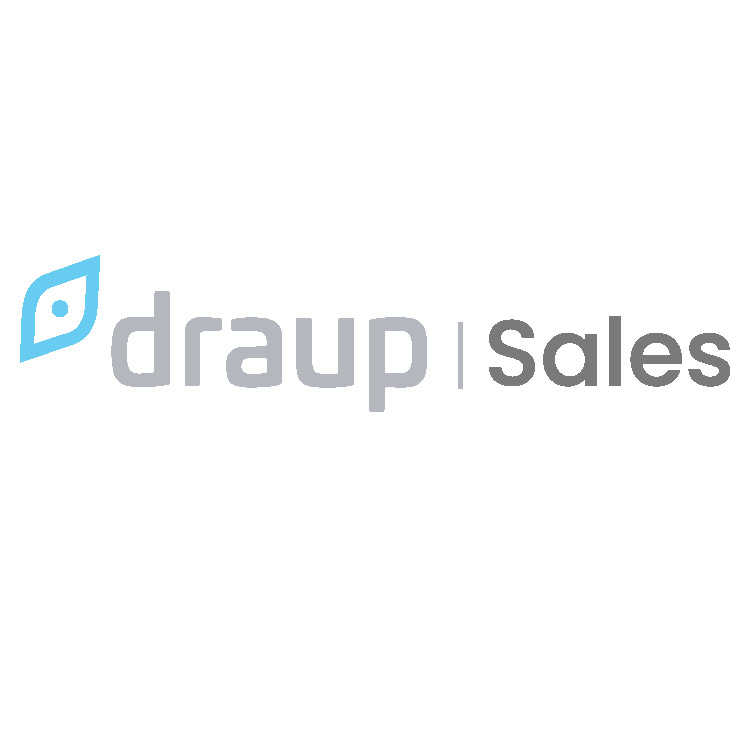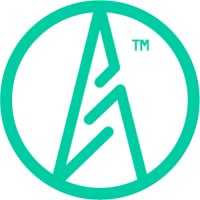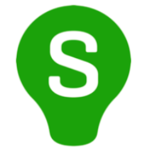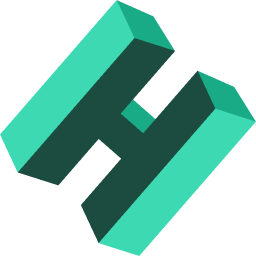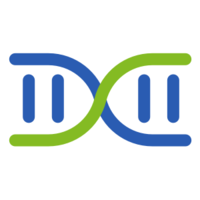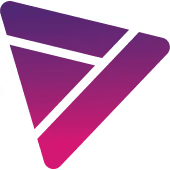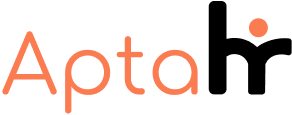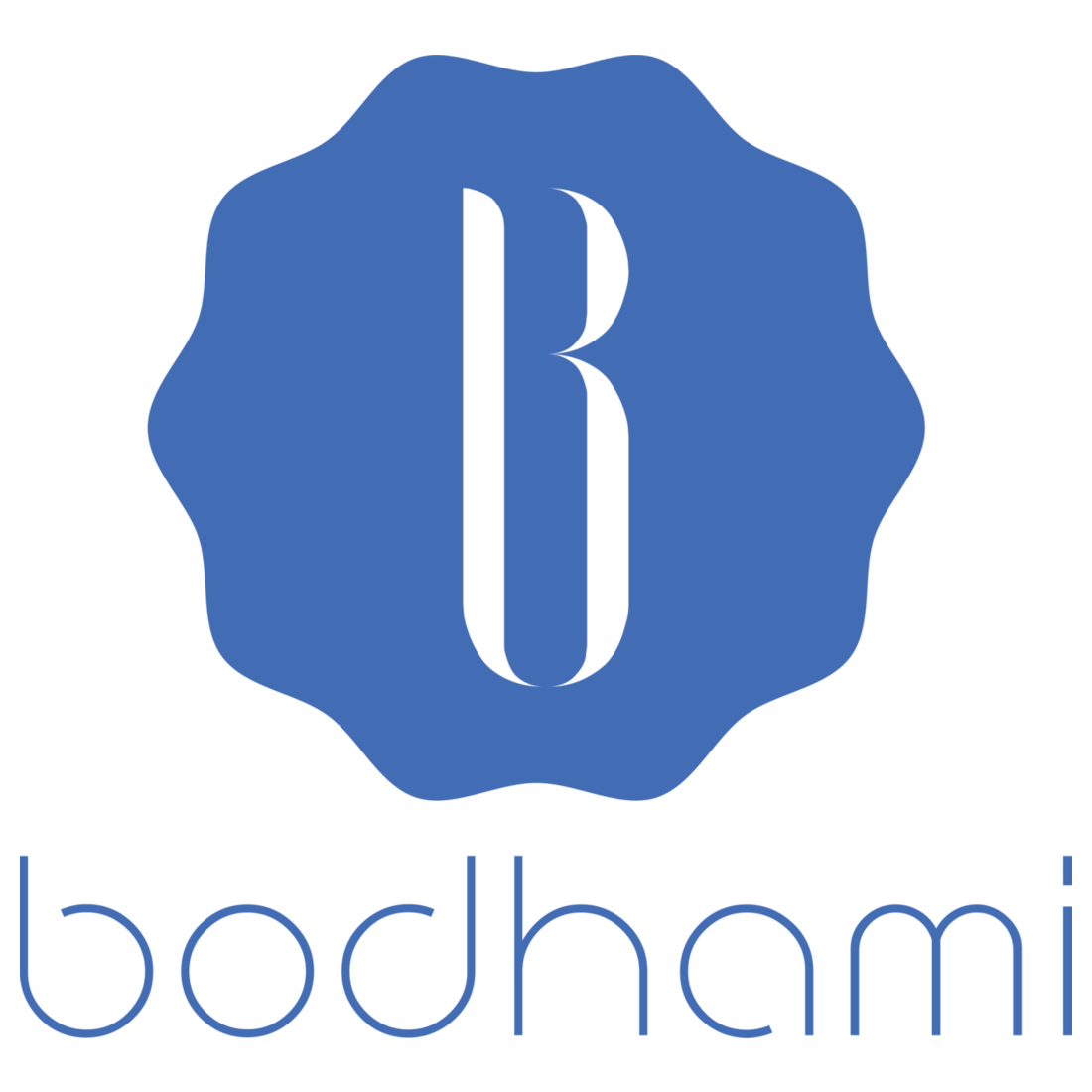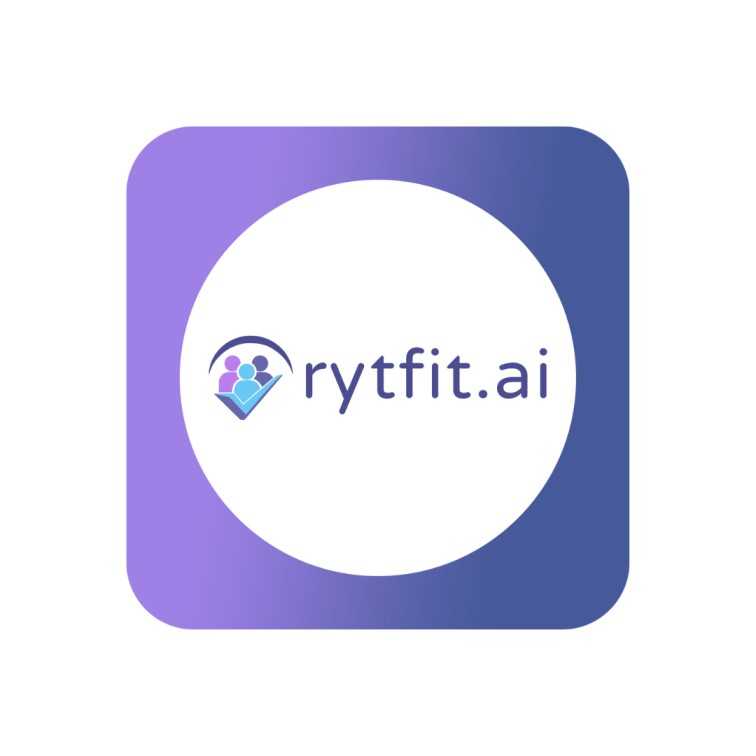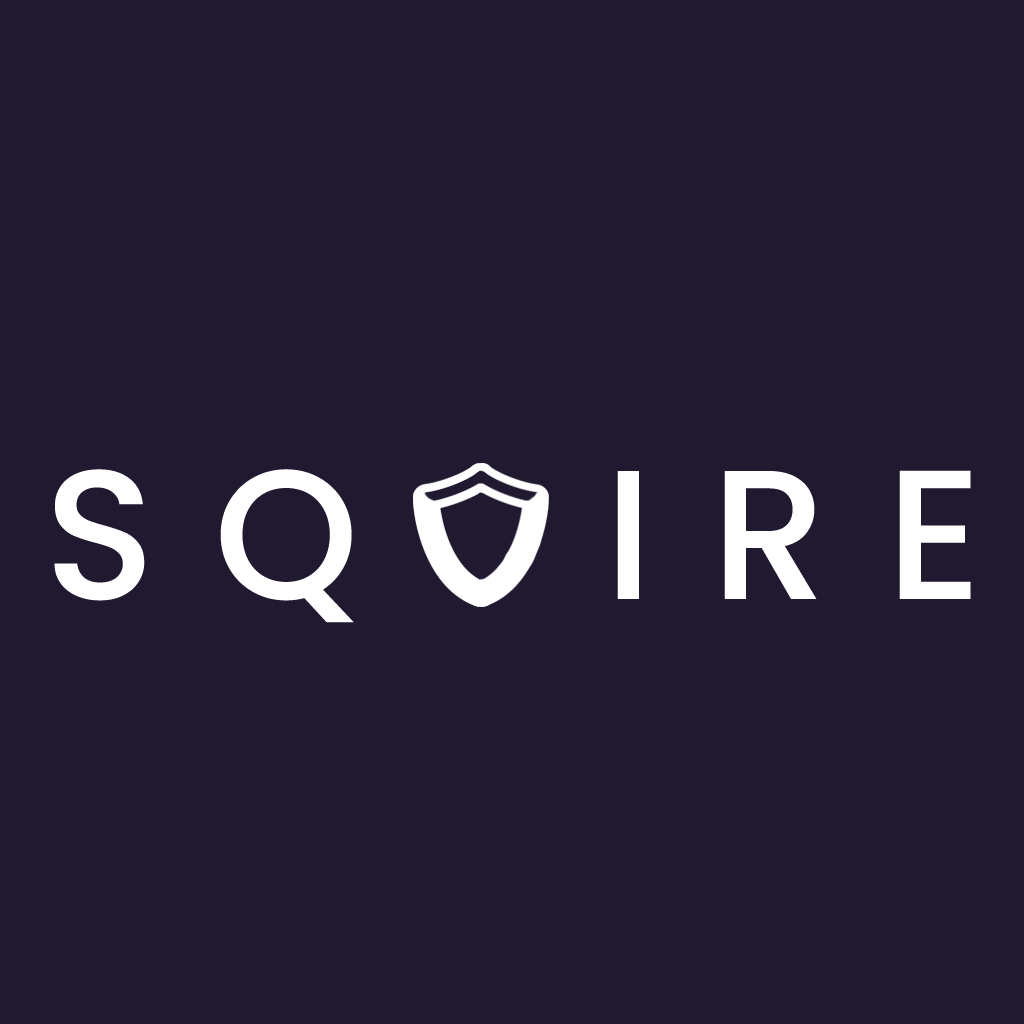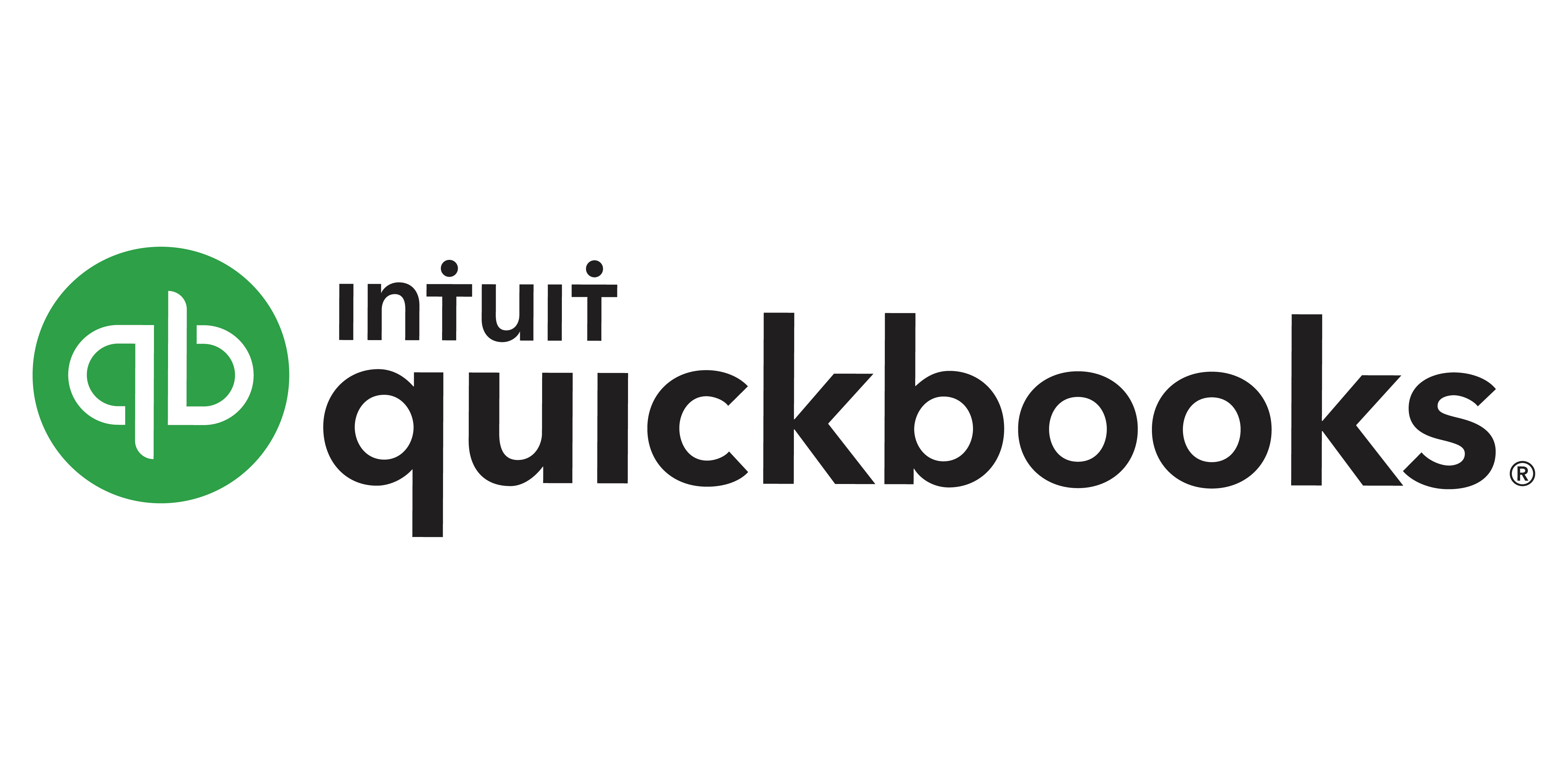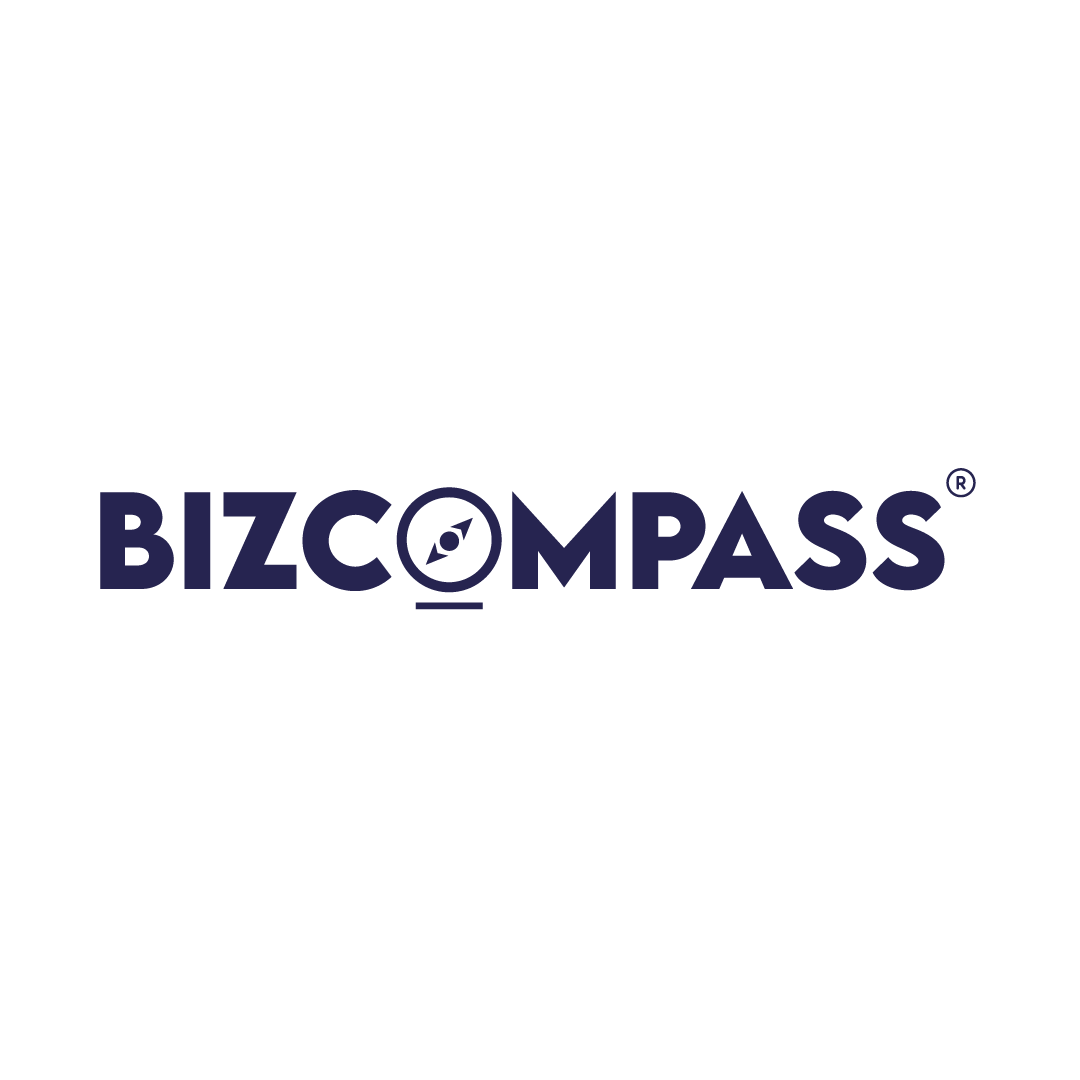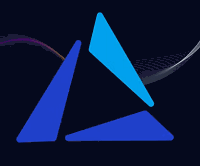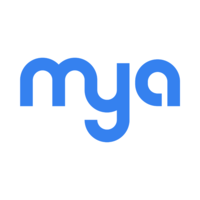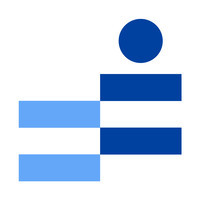What Is Artificial Intelligence Recruitment Software?
Artificial Intelligence Recruitment Software, often known as AI Recruitment Software, is a form of software that employs advanced Artificial Intelligence (AI) technology to help with the hiring and recruiting process. This software automates and streamlines several areas of the recruiting process, including applicant sourcing, resume screening, and candidate matching.
One of the most important advantages of AI Recruitment Software is its capacity to collect and assess vast amounts of data from a variety of sources, including job boards, social media platforms, and online profiles. This enables recruiters to swiftly discover and target top candidates for job vacancies, saving them time and effort. Furthermore, AI Recruitment Software use machine learning algorithms to evaluate and rank resumes based on particular job requirements, reducing the need for manual resume reviews.
It can also uncover any biases in the recruiting process and give fair candidate ratings. Another crucial element of AI Recruitment Software is its capacity to make data-driven judgments. By accumulating and evaluating lessons from previous recruiting procedures, this program may forecast applicant success and make more educated hiring decisions.
In addition to these functions, many AI Recruitment Software include facilities for interview scheduling, background checks, and candidate communication management. This helps to streamline the recruiting process, making it more efficient and productive. Overall, Artificial Intelligence Recruitment Software has a variety of capabilities that may significantly improve and simplify the hiring and recruiting processes for firms of all kinds.
It saves time and money, increases applicant quality, and gives useful information for future recruiting choices. When selecting the best AI Recruitment Software for your firm, it is critical that you evaluate your unique goals and budget.
What Are The Recent Trends In Artificial Intelligence Recruitment Software?
The recruitment business has seen substantial changes in recent years as a result of the increased usage of artificial intelligence (AI) in recruiting procedures. Traditional recruiting techniques have been superseded by powerful AI recruitment software, which automates numerous components of the hiring process, increasing efficiency and accuracy. As a result, an increasing number of firms are turning to AI recruiting tools to expedite their hiring procedures, save time and costs, and increase hiring quality.
Natural language processing (NLP) and machine learning techniques have recently become popular in AI recruiting software. These technologies allow the software to read and evaluate enormous amounts of data from resumes, job descriptions, and applicant profiles in order to match the most qualified people for a certain job vacancy. This eliminates the prejudice associated with manual resume screening while also allowing recruiters to swiftly find the best-fit prospects.
Another trend is the integration of chatbots into recruitment software. Chatbots are virtual assistants that can communicate with candidates in real time, answer their questions, and help them through the recruiting process. They not only give individualized contact, but also allow recruiters to interact with prospects around the clock, saving time and effort.
Furthermore, chatbots employ AI to learn from their interactions, increasing their intelligence and efficiency over time. In addition to NLP and chatbots, AI recruiting software also includes video interviewing capabilities. With the growing popularity of remote work and virtual recruiting, video interviews have become an indispensable tool for recruiters.
Using AI-powered video interviewing capabilities, recruiters may conduct automated interviews, assess candidates' verbal and nonverbal signs, and analyze their replies to determine the best-fit individuals. This not only saves time and money over in-person interviews, but it also results in a more accurate assessment of prospects. Finally, AI recruiting software utilizes data analytics to enhance sourcing and hiring tactics.
The program analyzes data from a variety of sources, including job boards, social media, and employee databases, to find the most successful sourcing channels, candidate profiles, and hiring patterns, allowing recruiters to make data-driven decisions.
Benefits of Using Artificial Intelligence Recruitment Software
AI recruiting software uses powerful algorithms and machine learning approaches to transform the hiring process for organizations of all sizes. This revolutionary technology has several benefits, making it an essential tool for recruitment teams.
We will discuss the top benefits of utilizing artificial intelligence recruiting software and how it may improve your hiring process.
1) Improved Efficiency: The conventional recruiting process may be time-consuming and labor-intensive, with recruiters spending hours sorting through applicants and conducting interviews. This procedure is simplified using artificial intelligence recruiting software, which saves time and resources. The program can swiftly scan through hundreds of resumes, identify top applicants, and even conduct early screenings via chatbots, freeing recruiters to focus on other important areas of the recruiting process.
2) Improved Hire Quality: One of the most common reasons firms engage in recruiting software is to improve the quality of their recruits. Artificial intelligence technology enables software to assess candidate data, like as experience, abilities, and credentials, and match it to job specifications. This not only aids in the identification of qualified applicants, but also guarantees that they are compatible with the company's culture and values.
3) Improved Applicant Experience: In today's competitive employment market, offering a great applicant experience is critical. AI recruiting software provides applicants with tailored and engaging experiences. This includes real-time contact, quick replies, and individualized employment recommendations based on the candidate's profile. These elements may considerably enhance the entire applicant experience, distinguishing your organization as an employer of choice.
4) Data-Driven Decisions: Artificial intelligence recruitment software gathers and analyzes massive volumes of information from recruiting efforts and candidate profiles. This information can give useful insights into your employment process, helping you to make data-driven decisions. Tracking data like as time-to-hire, cost-per-hire, and source of hiring allows you to refine your recruiting techniques for better results.
5) Prejudice Elimination: The software's impartial and data-driven approach reduces the likelihood of unconscious prejudice throughout the recruiting process. This implies that all candidates are evaluated based on their abilities and credentials, rather than their gender, color, or background. This encourages a fair and inclusive recruitment process, allowing businesses to establish diverse and inclusive teams.
6) Cost Savings: Recruiting software may save expenses in a variety of ways. Its automated features minimize manual chores, resulting in cheaper labor expenses. Additionally, the software's ability to find the proper applicants and lower turnover rates may have a substantial influence on your company's bottom line.
Important Factors To Consider While Purchasing Artificial Intelligence Recruitment Software?
When seeking to buy Artificial Intelligence Recruitment Software, it is critical to examine several key elements to guarantee you make the greatest option for your company.
Here are the key factors to consider:
1. Features and Functionality: The first and most important aspect to analyze is the software's features and functionality. AI recruiting software should be able to expedite the whole recruitment process, from applicant search to interview scheduling and onboarding. Look for capabilities like candidate screening, resume parsing, and AI-powered sourcing to verify that the program fulfills your unique recruitment requirements.
2. Integration: You must ensure that the AI recruiting software is compatible with your existing systems. Look for software that simply interfaces with your current HR and Applicant Tracking Systems (ATS), since this will save time and effort in data transmission while also reducing the chance of mistakes.
3. User Experience: Another important consideration is the software's user experience. The program should be simple to use, intuitive, and with a user-friendly interface. This will save your team time and money on training, while also ensuring a seamless adoption process.
4. Customization: Each business has distinct recruitment requirements, and the software should be able to meet them. Look for software that may be customized and tailored to your unique requirements. This might entail customizing application forms, job advertising, and even artificial intelligence algorithms.
5. Data Security: Because recruitment requires the handling of sensitive data, data security is a major responsibility. When researching AI recruiting software, be sure to ask about their data security procedures, data protection policies, and compliance with standards like GDPR.
6. Cost: While price should not be the sole determining factor, it is critical to analyze the software's pricing as well as any additional expenses, such as implementation and support charges. Consider your budget and the value that the software adds to your recruitment process.
7. Customer Assistance: Before making a purchase, thoroughly investigate the software's customer assistance. Look for a vendor who provides dependable and accessible customer assistance, whether by phone, email, or live chat, to resolve any questions or concerns that may arise.
What Are The Key Features To Look For In Artificial Intelligence Recruitment Software?
When looking for the best Artificial Intelligence Recruitment Software, you should evaluate the major aspects that will improve your hiring process and boost efficiency.
Some of the key things to look for in AI recruiting software include:
1. Intelligent Sourcing: Search for AI recruiting software with superior sourcing capabilities. This implies that the program will automatically search and match people from a variety of sources, including job sites, social media, and internal databases.
2. AI-powered Screening: One important feature to look for is the ability to filter resumes using AI algorithms. This tool can save you time by automatically weeding out unqualified applications and providing you with the most eligible individuals.
3. Candidate Ranking: Look for tools that can rate candidates based on their abilities, experience, and credentials. This tool can help you make educated selections and prioritize individuals who are most suited for the position.
4. Natural Language Processing (NLP): AI recruiting software that supports NLP can examine candidate resumes and job descriptions to discover keywords, talents, and necessary qualities. This can speed up the screening process and improve the match between job needs and candidate profiles.
5. Chatbots: A chatbot feature may automate the earliest steps of the recruiting process by interacting with candidates, arranging interviews, and answering queries. This can save time and minimize the workload of recruiters.
6. Predictive Analytics: Some AI recruiting software has predictive analytics capabilities, allowing you to foresee the outcome of hiring choices. This can aid with proactive decision-making and forecasting a candidate's probable success in the position.
7. Customizable procedures: Look for software that allows you to tailor your hiring procedures to your organization's specific needs. This can assist to shorten the recruiting process and provide a uniform approach for all candidates.
8. HRIS integration: Look for software that works with your current Human Resources Information System (HRIS). This can enable a smooth data flow across systems and prevent data entering mistakes.
9. User-Friendly Interface: The software's usability must be considered. Look for a straightforward and intuitive interface that is easy to use and requires little training.
10. Scalability: As your firm expands, your recruitment requirements may shift. As a result, it is critical to select software that can grow with your organization and meet future demands. When selecting the best AI recruiting software for your firm, keep these crucial elements in mind to make an educated selection. Remember to consider your budget, data security, and user feedback before making a final selection.
Why Do Businesses Need Artificial Intelligence Recruitment Software?
Businesses are continually seeking for ways to improve their recruiting procedures and attract top talent. This is where Artificial Intelligence (AI) Recruitment Software comes into play. With the growing demand for top talent and a competitive employment market, traditional recruitment tactics are no longer effective. Here are a few reasons why organizations use AI recruitment software:
1. Increased Efficiency and Accuracy: AI recruiting software use algorithms and machine learning to evaluate massive volumes of data and match individuals to job openings. This saves recruiters time and effort by eliminating the need to manually sort through resumes and applications. Additionally, AI technology assures fair candidate evaluation by eliminating human mistakes and prejudices.
2. Improved applicant Experience: In today's digital world, the applicant experience is critical for recruiting top talent. AI recruiting software provides a tailored experience for candidates, including automated answers and interactive chatbots. This not only expedites the recruiting process, but also makes a favorable impression on potential prospects.
3. Access To A Larger Talent Pool: AI recruiting software may search through a large number of people, including passive job seekers and previously rejected applicants. This broadens the talent pool for organizations, increasing the likelihood of finding the ideal candidate for the position.
4. Cost-Effective: Hiring may be a costly process, especially for organizations that rely on staffing agencies and job boards. AI recruiting software reduces the need for intermediaries, saving organizations time and money. Furthermore, it reduces the likelihood of a terrible hiring, which may be costly for businesses in the long term.
5. Data-Driven Insights: AI recruiting software produces real-time reporting and statistics, allowing firms to make informed recruitment decisions. This aids in finding areas for improvement and making modifications to enhance the hiring process.
How Much Time Is Required to Implement Artificial Intelligence Recruitment Software?
The deployment time for Artificial Intelligence Recruitment program varies according to the program and the intricacy of your hiring procedure. However, it might take between 3-6 months for the software to be properly integrated and tailored for your company's requirements. During this period, the software will need to go through a training phase in which it will learn from previous and current data to provide correct suggestions for job matching and applicant sourcing.
This training phase is critical for the AI to work optimally and might last anywhere from 4-6 weeks. Next, the program must be modified and set to fit your specific recruitment process and corporate culture. This might include establishing procedures, building job templates, and fine-tuning AI algorithms to meet your unique recruiting criteria. This procedure may take an additional 4-8 weeks, depending on the complexity and volume of your hiring activities.
Once the program is fully integrated and configured, it will be tested and quality assured to guarantee that it works properly and meets your expectations. This might take another 2-4 weeks, depending on any necessary changes or troubleshooting.
Overall, it is advised that you allocate at least 3-6 months for the deployment of Artificial Intelligence Recruitment Software to guarantee a seamless and effective transition. Putting in the time and effort to streamline and optimize your recruiting process can save you time and resources in the long run.
What Is The Level Of Customization Available In Artificial Intelligence Recruitment Software?
When it comes to artificial intelligence recruiting software, customisation choices are critical in assisting businesses in finding the ideal candidate for their firm. Before investing in any AI recruiting software, you should understand the amount of customisation possible and how it may help your hiring process.
Most AI recruiting software provides a high level of flexibility, allowing businesses to adjust the tool to their individual hiring requirements. This includes the option to design bespoke recruiting procedures, set job requirements, and tailor communications with prospects. Additionally, AI recruiting software may be modified to reflect your company's beliefs and culture.
This implies that the software may be trained to identify and prioritize people with desirable characteristics and qualifications specific to your firm. Furthermore, some AI recruiting software has extensive customization features such as machine learning algorithms that can be fine-tuned to learn from previous hiring decisions and provide more accurate applicant suggestions in the future.
Overall, the amount of customisation accessible in AI recruiting software guarantees that businesses' hiring processes are tailored and efficient, meeting their individual demands and goals. It also enables a more fair and unbiased screening process, resulting in more varied and talented applicants.
Which Industries Can Benefit The Most from Artificial Intelligence Recruitment Software?
When it comes to recruiting top talent, businesses from all industries are continually seeking for methods to streamline and enhance their recruitment processes. In recent years, Artificial Intelligence Recruitment Software (AIRS) has grown in popularity and shown to be quite successful in reaching this aim. This innovative technology uses artificial intelligence and machine learning algorithms to automate and improve several aspects of the recruiting process.
While every business has the potential to benefit from employing AIRS, certain industries stand to gain the most. These sectors often have a strong need for trained and specialized expertise, with severe competition for top applicants.
1. Information Technology (IT): The IT industry is very competitive and demands top personnel with specialized technical skills such as coding, software development, and data analysis. AIRS can help you filter and screen hundreds of resumes more quickly and accurately, ensuring that only the top applicants are found and hired.
2. Healthcare: The healthcare business is experiencing a scarcity of experienced personnel, making recruiting a major concern for many healthcare firms. Healthcare recruiters may use AIRS to rapidly and efficiently identify applicants with the necessary medical credentials and expertise.
3. Finance: The financial services business demands highly specialized and knowledgeable people, many of whom hold specific credentials and skills. AIRS may assist in discovering and choosing qualified people for positions such as financial analysts, accountants, and consultants.
4. Manufacturing: The manufacturing business has a high turnover rate and needs qualified workers such as engineers, technicians, and production managers. AIRS enables recruiters to use data-driven algorithms to match job needs to candidate credentials and abilities, resulting in more informed recruiting decisions.
5. Retail: In the fast-paced retail business, time is critical. AIRS may simplify and expedite the recruiting process, from discovering possible applicants to arranging interviews, saving time and resources for both recruiters and hiring managers. To summarize, while AIRS may provide value to enterprises across industries, those with a strong need for qualified and specialized people will gain the most from its capabilities. By integrating artificial intelligence and machine learning, AIRS may save time, improve the applicant experience, and ultimately assist companies in finding the best people for their unique jobs.
Conclusion
Conclusion: Investing in artificial intelligence recruiting software may significantly improve your hiring process by reducing time, increasing efficiency, and offering important insights. With so many alternatives available on the market, it is critical to thoroughly assess your requirements and budget before making a decision.
When selecting an AI recruiting software, consider the functionality and features that are critical to your hiring process, such as candidate matching, automated screening, and AI-powered analytics. Consider the integration capabilities with your existing systems, as well as the ability to customize to meet your individual requirements. It is also critical to select a software vendor with a positive reputation and track record in the recruitment market.
Reading reviews and comments from other users might help you better understand the software's efficacy and customer happiness. Finally, remember that installing AI recruiting software is a continuous process that requires adequate training and usage to optimize its benefits. With the appropriate selection and application, you can speed your recruiting process, attract top people, and stay competitive in the job market.

